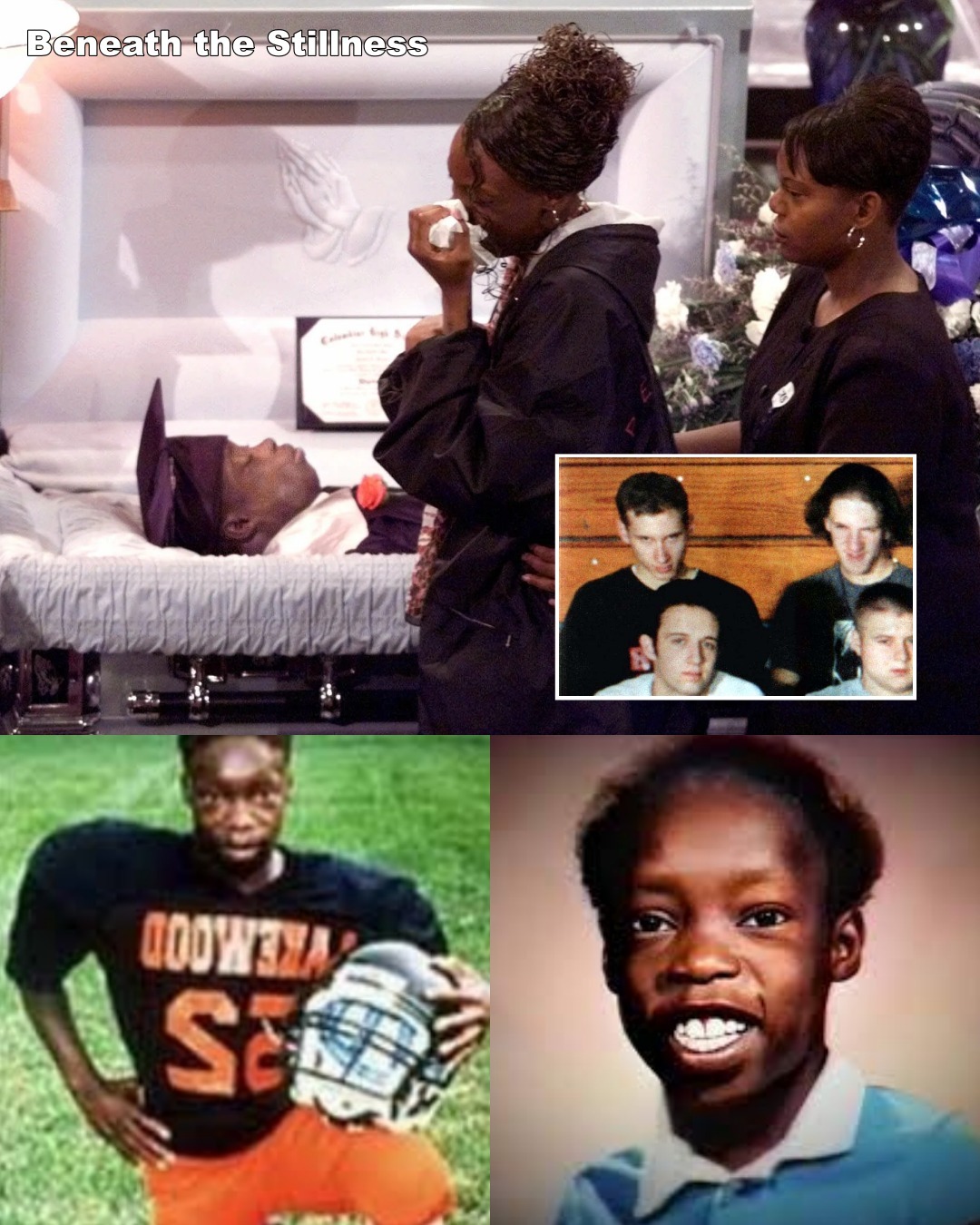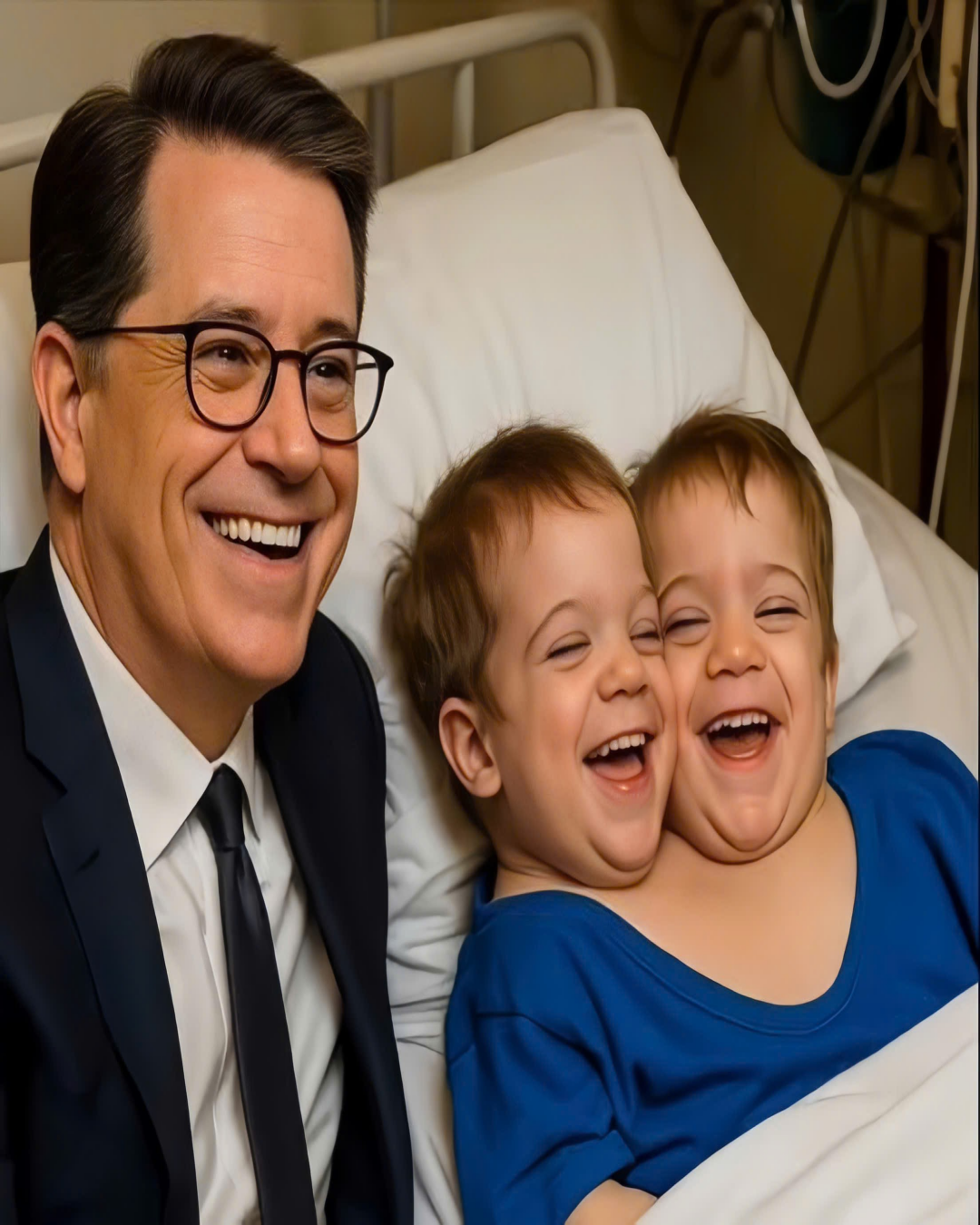Isaiah Shoels had a dream — not of fame, nor of fortune, but of rhythm.
A rhythm that could move hearts, heal wounds, and give voice to those who often went unheard.
He was eighteen years old, just weeks away from his high school graduation, when the melody of his life was silenced forever.
Born on August 4, 1980, Isaiah grew up in a world that didn’t always see him for who he was.
He was small in stature but carried a presence that filled the room — a spark of humor, a shy grin, and a quiet strength that drew people in.
He loved football, music, and laughter.
He dreamed of becoming a record producer someday, creating songs that told stories of love and hope, stories that could outlast pain.

But on April 20, 1999, inside the library of Columbine High School, the world took that dream away.
That morning began like any other.
Students joked in hallways, teachers graded last-minute papers, and seniors whispered about prom plans.
Isaiah sat in the library with his friends, flipping through magazines and talking about life after graduation.
His brother and sister were in the same school — his father, Michael, had always told them to stick together.
But that day, sticking together was a luxury fate would not allow.

When the first gunshots echoed down the hallways, confusion rippled through the building.
Some thought it was a prank — a senior stunt, maybe fireworks.
Then came the screams.
And the smoke.
And the silence that follows terror.

Isaiah ducked under a table with two of his classmates — Matthew Kechter and Craig Scott.
They pressed themselves to the floor, hearts hammering, trying not to breathe too loudly.
Outside, the footsteps grew closer.
Eric Harris and Dylan Klebold had entered the library.
The two shooters moved from table to table, taunting, laughing, shooting.
In those minutes, cruelty became a language.
They killed Lauren Townsend, then Kyle Velasquez, and Cassie Bernall — one by one, the laughter following the gunfire like an echo of madness.
And then they saw Isaiah.

“There’s a n***er over here!” one of them shouted.
Their words cut through the air like blades.
They yanked at Isaiah’s leg, trying to pull him out from under the table.
Isaiah’s friends tried to shield him, whispering for him to stay still, to hold on, to pray.
But Harris raised his gun.
A single shot to the chest.
Isaiah’s body went still.
Then came another voice — one that still burns in memory — “Look at this Black kid’s brain! Awesome, man!”
Even though he hadn’t been shot in the head.
It was hate — pure, unfiltered, and senseless.
When the echoes faded and the police finally entered the building, Isaiah’s body lay still beneath that library table.
He had been killed because of the color of his skin, because cruelty had found an easy target.
His brother and sister escaped, thanks to the bravery of teacher Dave Sanders, who helped them flee the building before he himself was fatally shot trying to save others.
Michael Shoels would later say that Sanders was the reason his daughter lived — a man who had given his last breath for someone else’s child.
But no one could save Isaiah.
Days later, when the Shoels family stood before a small white coffin, the world felt heavier than it had ever been.
They dressed him in his graduation gown.
His diploma rested on his chest, a symbol of everything he’d earned and everything he’d never get to see.
Michael and his wife couldn’t bring themselves to attend the graduation ceremony.
For them, there was no celebration in a hall filled with empty seats.

Isaiah had always been different.
He had joined the football team as a cornerback but quit his senior year because of racial intimidation from some teammates.
Even then, he never let bitterness define him.
“He wouldn’t complain,” his father said. “He’d take that negative energy and make it into something constructive. They took the wrong kid. He could’ve been one of their best friends.”
Isaiah’s aunt, Betty, remembered him as a fun-loving athlete who never stopped smiling, even when he felt like an outsider.
As one of the few Black students at Columbine, he knew what it was like to walk into rooms where laughter stopped, or whispers began.
But he walked anyway — head high, heart steady.

His compassion showed in ways few noticed.
Once, a friend of his named Michelle — also a Black student — was harassed by a group of white girls who called her the n-word.
Isaiah didn’t ignore it.
He went straight to school officials and reported it.
They did nothing.
Nothing changed.
And the silence that followed was the kind that teaches a child how lonely justice can be.

The bullying culture at Columbine was no secret.
Many survivors later spoke about the cruel hierarchies that divided students — the athletes, the outcasts, the invisible ones.
Eric Harris and Dylan Klebold had been targets of that same cruelty for years.
Students threw things at them, called them “freaks,” “queers,” and worse.
Some said that revenge was what fueled their massacre.
But in the end, it was not revenge that killed Isaiah — it was hate.
Hate that feeds on difference.
Hate that sees color before character.
Hate that begins in whispers and ends in bullets.

For those who survived, the pain of that day never truly faded.
Craig Scott, who had been under the same table as Isaiah, lost both his sister Rachel and his friend that day.
He would later dedicate his life to spreading messages of kindness and forgiveness through Rachel’s Challenge, a foundation inspired by his sister’s journals.
And then there was Liz Lancaster — another survivor who found her peace in forgiveness.
“Early on,” she wrote, “I decided to forgive the shooters. That was an important step for me. It really brought me peace.”
Her words echoed what many struggled to believe — that even in the face of unimaginable loss, healing could bloom from forgiveness.
Years later, Isaiah’s father spoke again about his son.
He called his death what it was — a hate crime.
“They said, ‘Where’s that little n***er?’ Who else could they be talking about?” he said.
“If they say I’m playing the race card, let them say it. The world knows the truth.”
Time has not erased the pain.
But it has kept alive the story of a boy who believed in kindness.
A boy who stood up against hate, even when no one else did.
A boy who dreamed of making music — and though he never got to record a single song, his story still plays on in the hearts of those who remember him.
In the laughter of his family when they speak his name.
In the tears of strangers who read about him.
And in the quiet vow of every student who looks at his photo and whispers — never again.
Isaiah Shoels never got to walk across that stage, never got to chase the melodies that filled his imagination.
But his life, short as it was, carries a rhythm stronger than any song — a rhythm of courage, of compassion, of light refusing to be dimmed by darkness.
Maybe, somewhere beyond the silence of that library, his music still plays.




